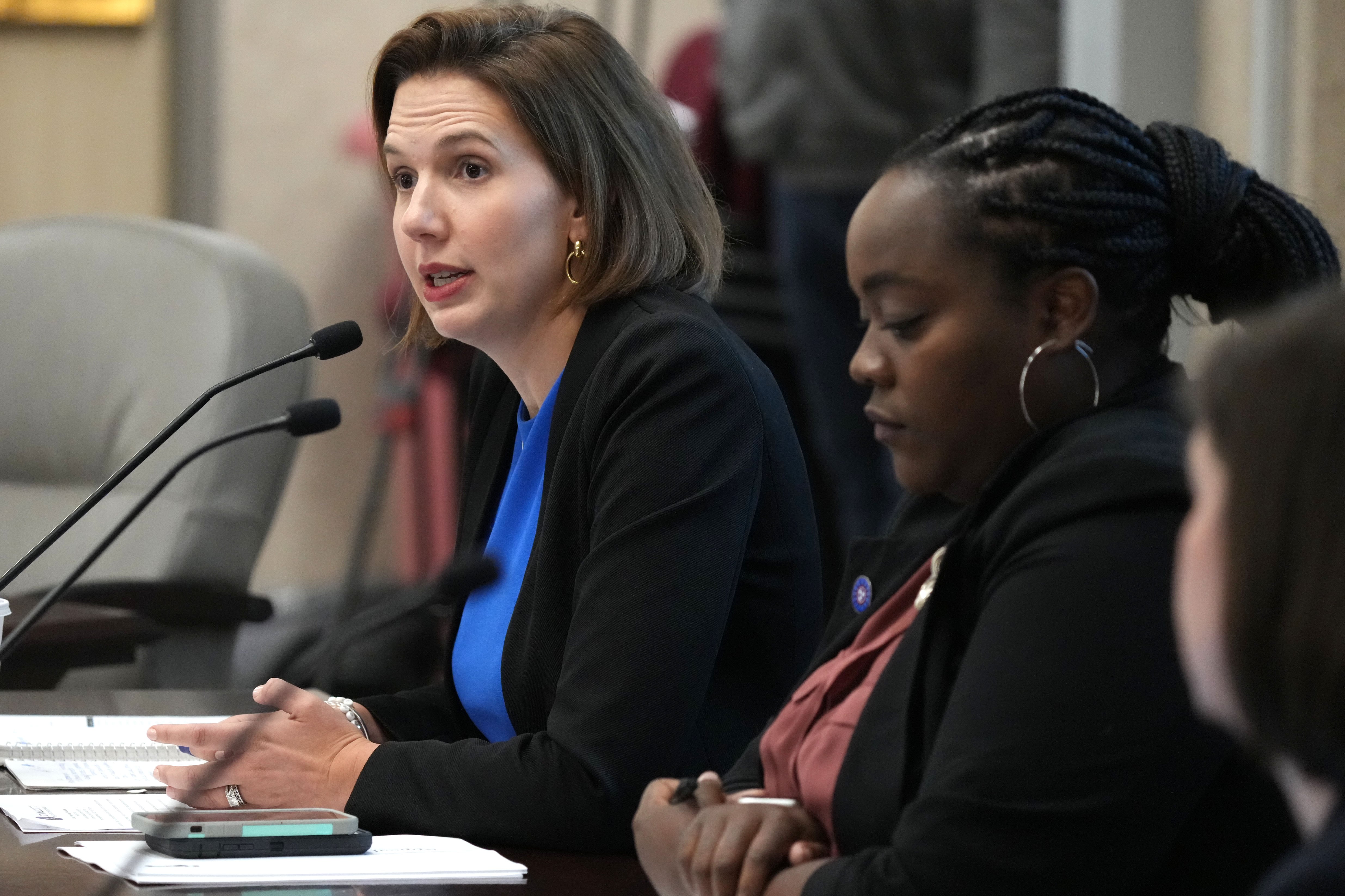The Tennessee Public Charter School Commission rejected the appeals of two proposed Memphis charter schools on Tuesday.
The nine-member board’s decision upholds the recommendations of Tess Stovall, the commission’s executive director, and the Memphis-Shelby County Schools board’s decision earlier this year to deny the applications for Binghampton Community School and Tennessee Volunteer Military Academy. The decision is final, and the two schools will not open in August 2023 as local charter leaders had hoped.
This week’s votes wrapped up this year’s 13 charter appeals before Tennessee’s 2-year-old commission. Of those, three were approved for Nashville and six were denied in Memphis, Clarksville, Brentwood, Hendersonville, and Fayette County. Applicants behind the other four appeals, including three high-profile ones related to controversial Hillsdale College in Michigan, pulled out of the process when it became apparent that their appeals would be denied.
Binghampton Community School leaders said in their application that the school would serve about 360 students in grades K-5 on the eastern edge of Midtown, providing them with early access to International Baccalaureate programming. The Tennessee Volunteer Military Academy was meant to provide about 800 students in grades 6-12 in Cordova and East Memphis with military-based educational programming with a focus on internships and technical education.
In her recommendations for the two Memphis charter schools last week, Stovall outlined myriad concerns with both school’s applications.
Stovall said in her recommendation that while Binghampton had a strong academic plan and the neighborhood would have been a great location for the school, its academic, facility, and staffing plans all appeared to depend on the unique skills of the head of school who resigned in July due to “extenuating personal circumstances,” according to the school’s application.
Stovall also said cost assumptions for the school did not appear reasonable, and leaders lacked sufficient funding to begin operations.
Binghampton Community School had promised to hire a new head of school once it got approval from the state. But on Tuesday, leaders said they “respectfully accept” the commission’s affirmation of the MSCS board’s decision to deny the school’s application.
They added: “We recognize that our capacity as a sponsor and school board to identify and recruit a replacement school leader cannot be retroactively considered during the appeal process.”
The commission also sided with Stovall and MSCS in the case of Tennessee Volunteer Military Academy. Stovall wrote that the academic plan was missing key details, including the school’s grade and class structure, an instructional model, and curriculum. Stovall said the school didn’t explain how it would serve students with disabilities and English language learners.
The application also lacked letters of support, which Stovall said called into question whether the school would be able to meet its projected enrollment of 800.
Stovall also took issue with the school’s “unclear relationship” with Charter One, a for-profit national education management association, and said the school didn’t provide a reasonable budget.
Commissioner Terrence Patterson, who is also the president and CEO of the Memphis Education Fund, said he agreed with Stovall and MSCS’ analysis but hopes both schools refine their ideas and submit future proposals.
“These are the types of innovative models that our children deserve,” Patterson said. “These are the types of innovative models that we were created to support.”
Samantha West is a reporter for Chalkbeat Tennessee, where she covers K-12 education in Memphis. Connect with Samantha at swest@chalkbeat.org.








